Inflation in the UK: Cash withdrawals indicate faith in pound but not in economy
Throughout post-industrial history, when economic woes are abound, a large proportion of the public tend to revert to reliance on carrying items of physical value.
For the past two years, national economies in many Western nations have been turned on their heads, and faith in the traditional economic system has waned dramatically.
During times of rising inflation, it has been common for many people to invest in physical commodities such as gold, and to keep liquid assets at home or on their person.
Throughout many periods in the 20th century, that has been the case. The Great Depression which began in the late 1920s in the United States, the aftermath of World War Two in Europe, and the end of the Cold War in the late 1980s are three notable examples.
During those events, people who had a lot to lose generally bought gold and kept it in a safe place, often under their homes or in the walls.
The long period of stability which ensued has not necessitated such action, however these days, there are many geopolitical events that have once again generated a wave of instability, and have caused a once-trusting population to distrust the government and the system in many countries worldwide.
Inflation which is at 40-year highs in parts of Europe and the United States, along with forced closures of businesses, interruption of supply chains and siding with Ukraine which has caused havoc on the energy markets and cast doubt into the minds of citizens that their own governments actually represent their wellbeing has brought into being an overall level of self-reliance and movement away from trust in the existing economic structure.
The British Pound and its standing as a store of value is very interesting over recent times.
For over 50 years, no currency in the world has been backed by commodities, therefore it has been rare for any currency to be used as a store of value in times of economic uncertainty, but the British Pound is showing signs of being used as exactly that!
The Post Office, which offers banking services as well as mail has recorded a significant upturn in the number of cash withdrawals recently.
It is possible to withdraw cash from any bank account held with any bank via the Post Office, and therefore this is a good measure of the overall behavior of the public with regard to withdrawals of cash.
Britain’s Post Office, which offers banking services as well as mail, handled a record £801 million ($967 million) in personal cash withdrawals in July.
In total, more than £3.3 billion in cash was withdrawn and deposited over the Post Office’s counters, which the first time the amount has crossed the £3.3 billion threshold in the entire 360 years that the Post Office has been established.
Personal cash withdrawals were up almost 8% month on month at £744 in June, and up over 20% from a year ago to £665 million in July.
The Bank of England expects inflation to be at around 13.3% in October and to remain at elevated levels throughout much of 2023, which is alarming to say the least.
Resorting to holding cash appears to be a method being used to attempt to budget more carefully during these times of high inflation, and the Post Office has also been processing government support for energy bills, an indicator that there are serious problems affording daily bills.
The British Pound remains relatively non-volatile, and certainly it will be interesting to see how long this trend lasts during a period at which many firms are attempting to do away with the use of cash entirely.
VIEW FULL ANALYSIS VISIT - FXOpen Blog


 LinkBack URL
LinkBack URL About LinkBacks
About LinkBacks







 Reply With Quote
Reply With Quote
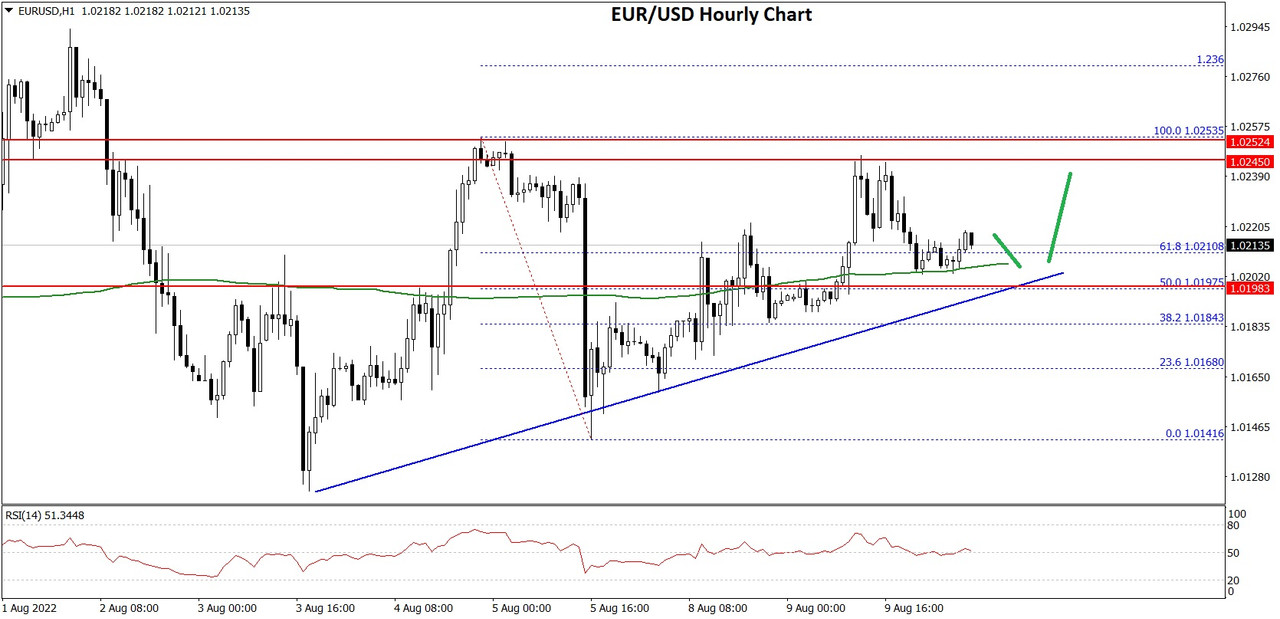


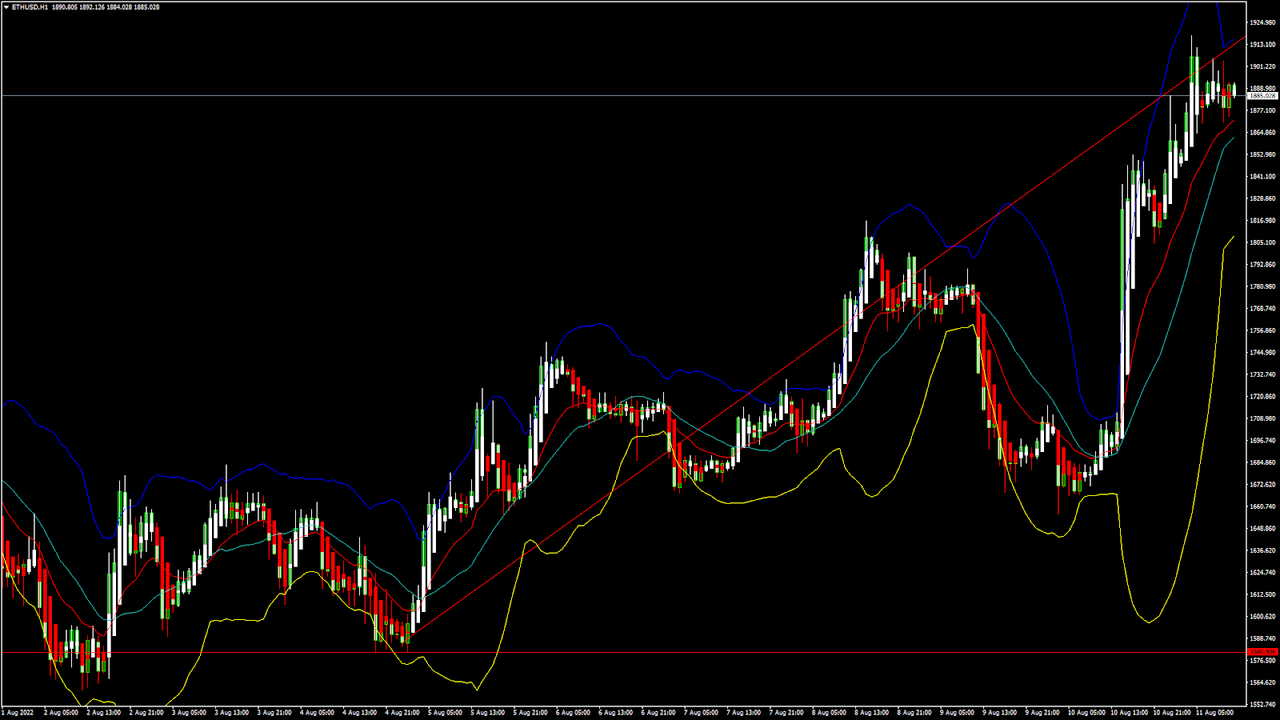
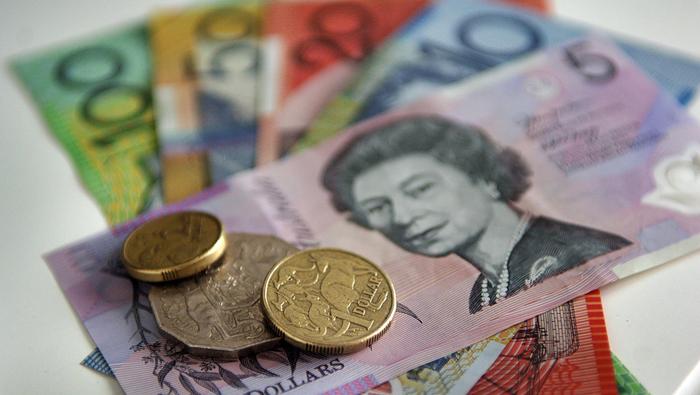
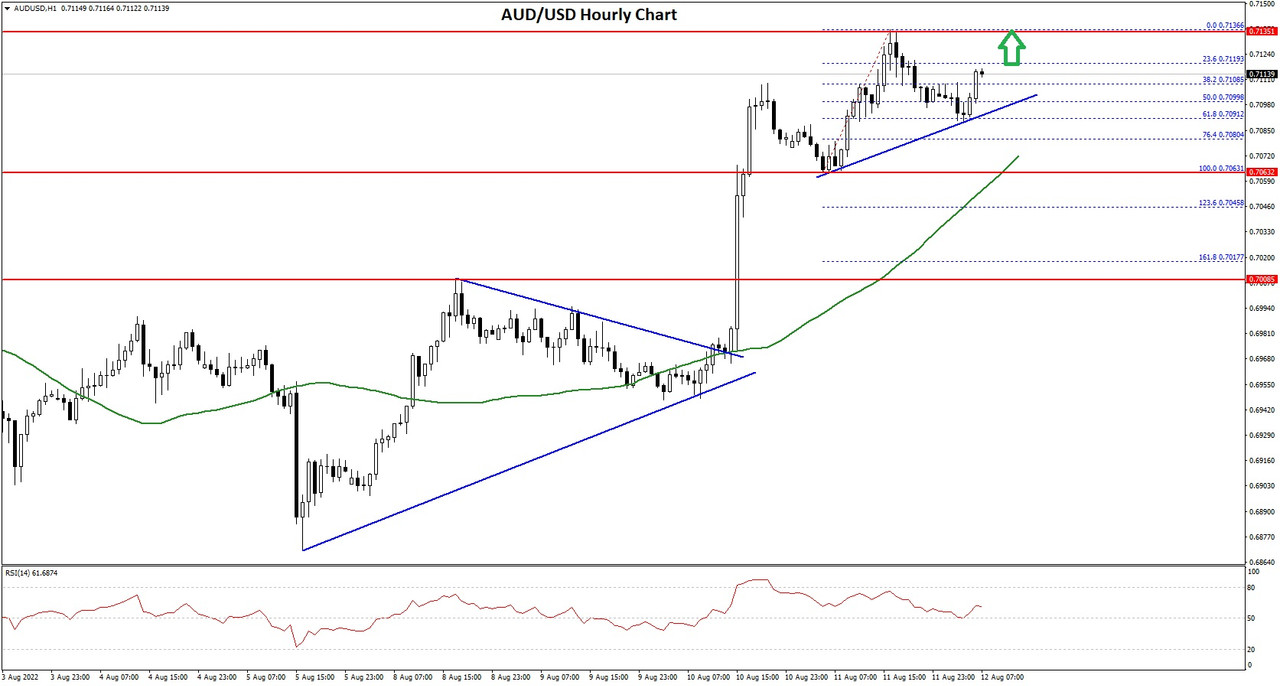

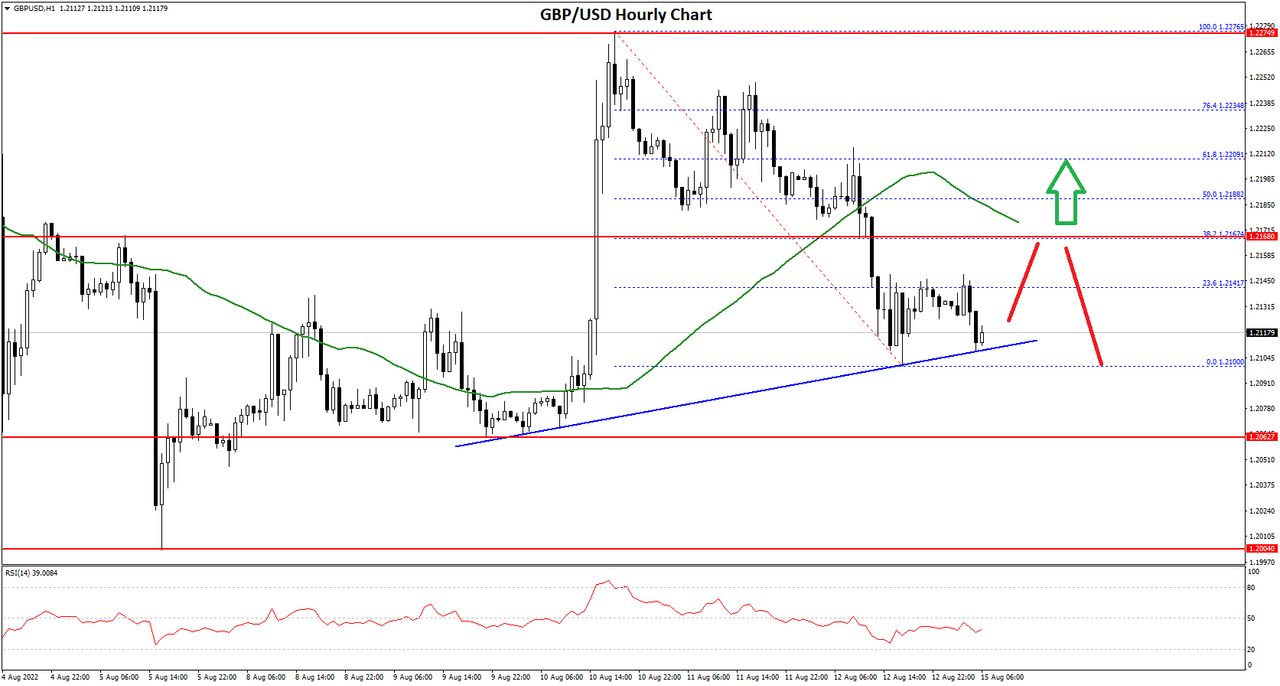


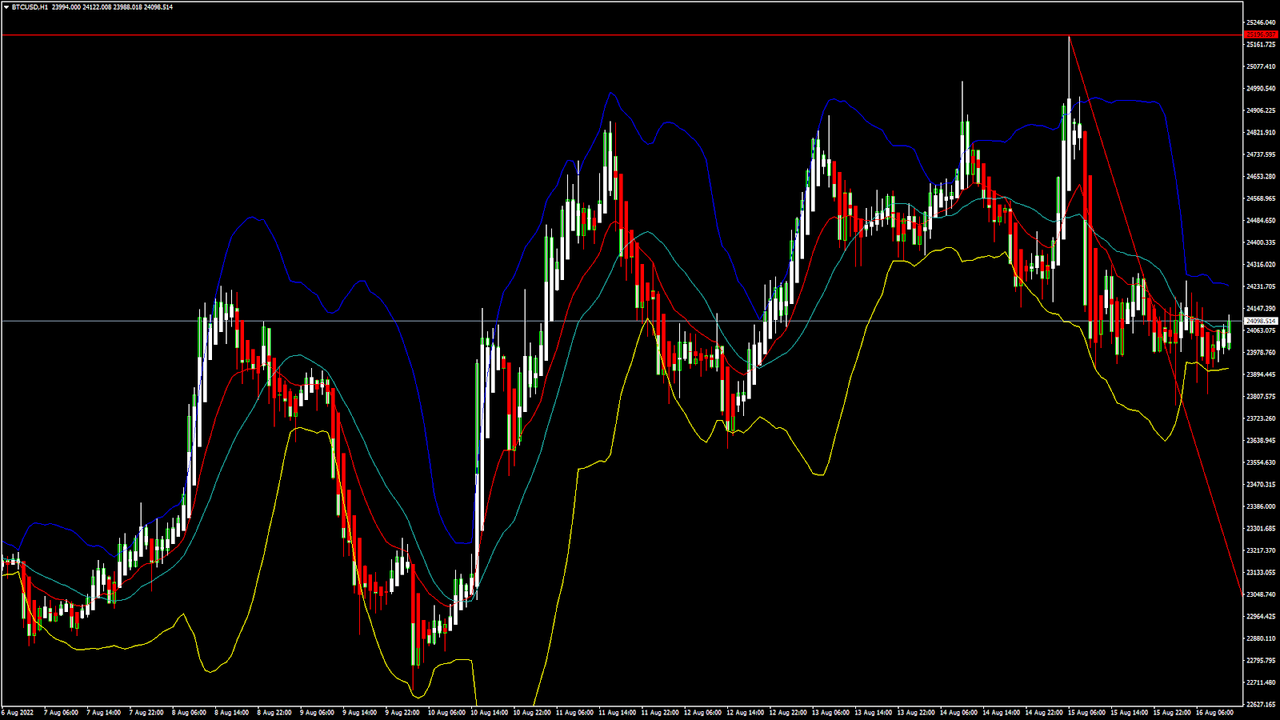

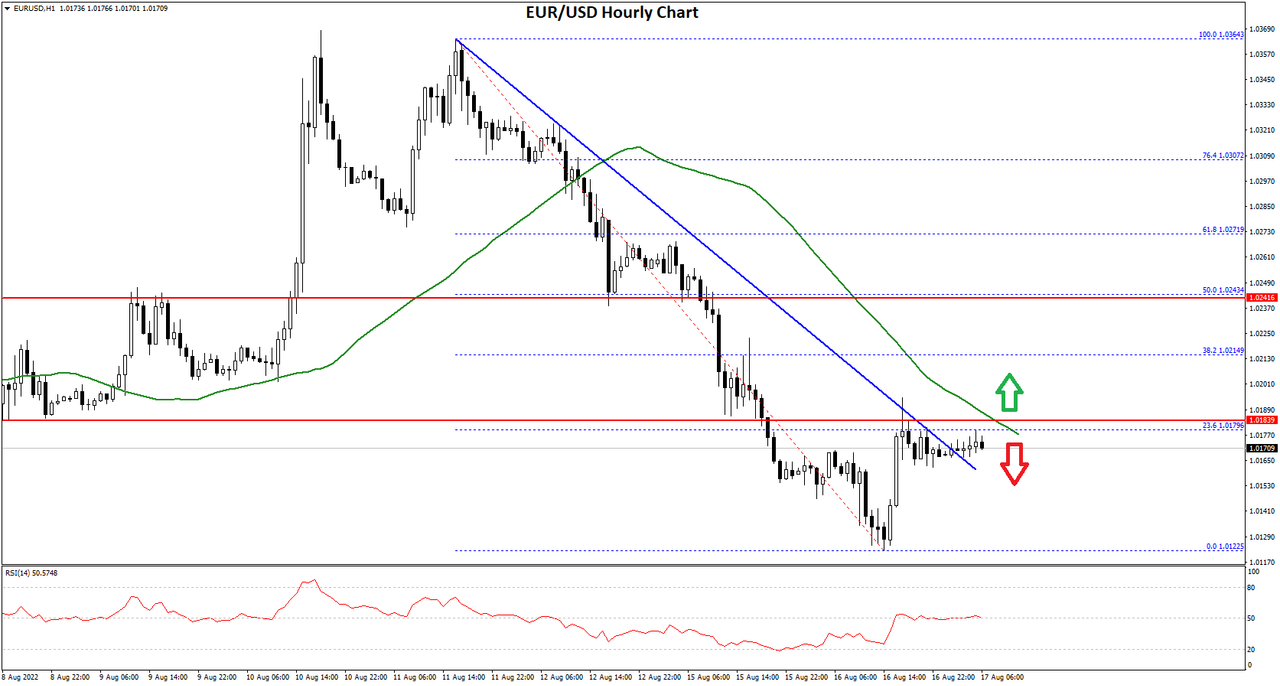

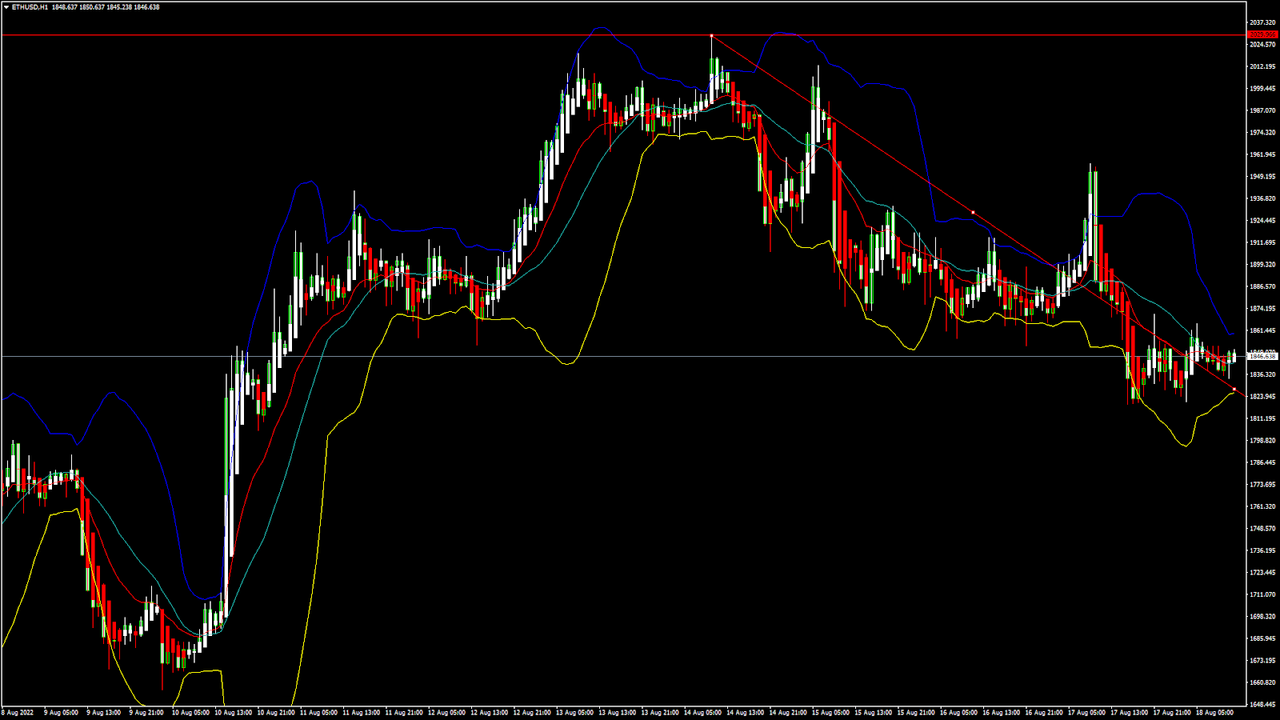

Bookmarks